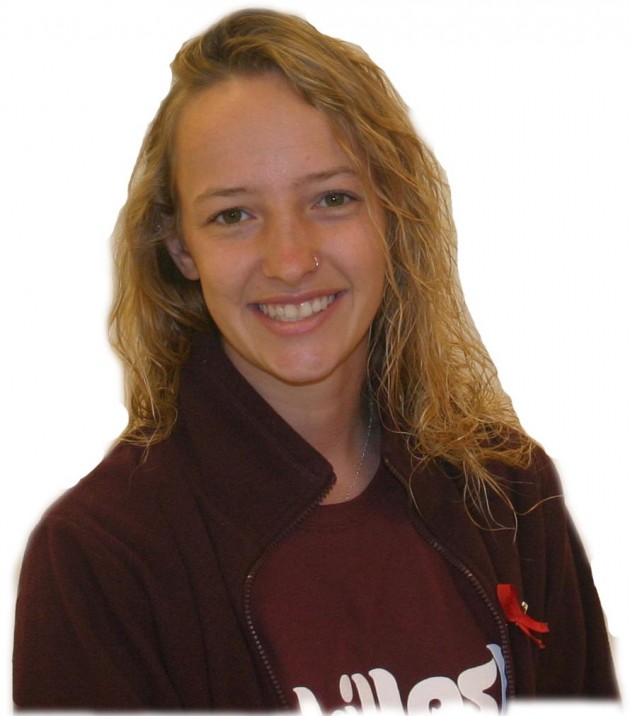
Editor's note: This column has been edited to remove inaccuracies and reflect new information. University administrators never "confiscated" the T-shirts as the column incorrectly stated. The creator of the T-shirts handed them over after conversations with university staff. He received some financial compensation for the T-shirts, although the exact amount is unknown.
People are free to disagree about the offensiveness of the Monon t-shirts, but... Oh, never mind. They're not.
DePauw administrators purchased the T-shirts designed for the Monon Bell game because many found them to be offensive, homophobic or simply in poor taste. Hoping to avoid a negative image of the school, we've substituted our long-standing tradition of Wabash-heckling for a heckler's veto of the fashion world.
Calling the Monon shirts "hate speech" assumes the creation of the message was motivated by hate — intent is a necessary component. Putting these T-shirts in the same camp as one student shouting an epithet in another's face isn't only unfair, but untruthful.
The attempt by the administration to regulate the expression of students, whether on a T-shirt or on a poster, is one that is ethically suspect, even if not necessarily illegal. We should seriously and critically consider the precedent we're setting as a student body. Would we really rather silence our peers than engage in discussion with them?
The shirts are now being sewn together for a "Love Quilt," and I think this is a great way to make the best of a bad situation. Still, the same objective could have, and should have, been done without any intervention by administrators.
As a private institution, university administrators are free to create policies that might not align with the first amendment of the Constitution, including regulate apparel. Indeed, a brief look at our school's harassment policy will show our harassment policy prohibits teasing, mimicking and offensive graffiti on campus and in your email. The illegality of the university's policies would be no question at public schools, which are bound by the Constitution and share our essential mission to promote discourse and serve as an open marketplace of ideas. So why should students at Purdue University be entitled to a space where that mission is more easily achieved?
DePauw calls freedom of expression "imperative" to nurturing the cultural development and integrity of students. Part of nurturing integrity is learning our responsibility to speak out against actions and words we believe too hurtful. But as long as we live in a liberal democracy that cherishes freedom of speech, we must fight such speech only with more speech. The use of force to instill silence is not, nor should it be, an option.
Organizations like the Foundation for Individual Rights in Education and the American Civil Liberties Union have been reliable critics of broadly written harassment policies that amount to speech codes (that's right, even the ACLU). Both argue that at places designed to allow learning through discourse, more speech, not censorship, is the proper route.
We were unfortunate enough on this campus to see just what true hate speech looks like. In light of recent events which actually demeaned and degraded members of our campus community, students met in the Union Building to discuss the important role for student discourse in combating bigotry and bias-motivated harassment. Did they ask for censorship? No. They asked for campus-wide discussion and the active support of campus allies.
I would also like to encourage DePauw's students and administrators to speak out against behaviors of students that threaten an intellectually and personally nurturing campus culture. But unless such behaviors reach the threshold of genuine harassment, I also believe we must only speak.
Strong emotional reactions to the vulgar shirts were expected and even desired, but university administrators must remember that the ethics of their professions require a careful exercise of their respective power to coerce. Likewise, students have a responsibility to fight intolerance by speaking out, and we can rely on no one but ourselves.
— Cheeseman is a senior political science and biology double major from West Lafayette, Ind. She is a former intern for the Foundation for Individual Rights in Education. opinion@thedepauw.com
